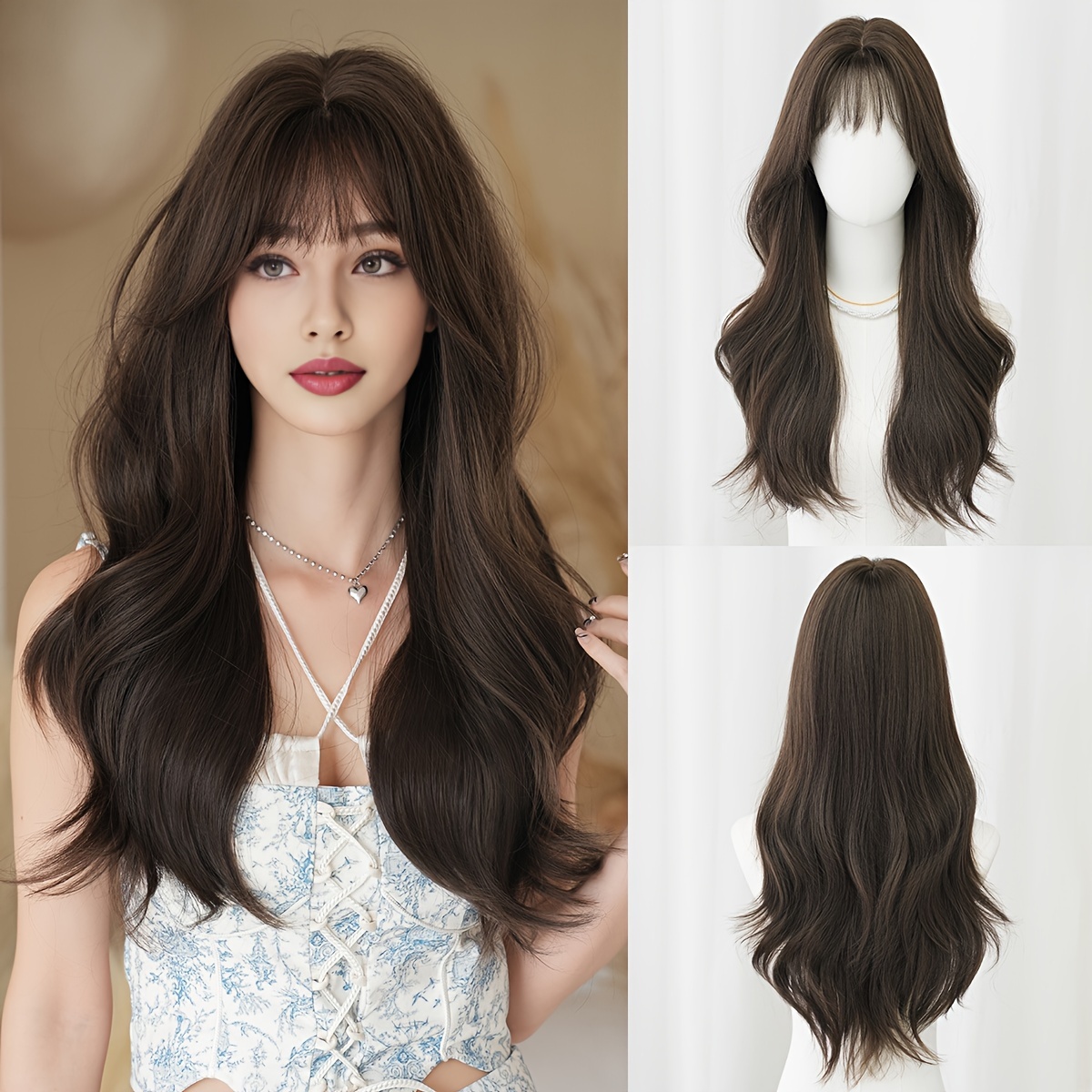
A group of perfumers and members of the magnificence group are calling on the fragrance business to prevent making use of the word Oriental to describe scents — a term they say is outdated, inaccurate and racist.
According to a petition posted on the web final 7 days, the fragrance world’s classes of “Oriental” and “floriental” (floral Oriental) have “no correct olfactive indicating.” They ended up produced via a colonial lens of viewing “the Orient” — a time period for the East, specially in relation to Europe — as “sensual, unique and fetishized,” the petition states.
Scents that tumble under this classification commonly have woody, spicy, musky warm notes, this kind of as vanilla, rum, cinnamon, sandalwood and saffron.
“No other marketplace — not wine, not chocolate, not beer, not tea, not espresso — nobody else works by using this phrase,” stated Yosh Han, the Los Angeles-based mostly perfumer who introduced the petition. “It is really essentially a pretend promoting term.”
Han, founder of fragrance model YOSH, known as the phrase an case in point of “othering” that lumps collectively much more than 50 international locations dispersed throughout North Africa, South and East Asia.
“That just means anybody who’s melanated. Then you comprehend, ‘Oh my gosh, this is white supremacy,'” stated Han, who also started Scent Festival all through the pandemic, a virtual festival that explores scents and celebrates range. “We realized the field has been stacked versus us. It can be been principally Eurocentric.”

Century-old time period
The use of the word Oriental in perfumery dates to the early 1920s in France with Guerlain’s fragrance Shalimar, reported Dana El Masri, a Montreal-centered perfumer who operates her fragrance business Jazmin Saraï.
“[Guerlain] experienced this plan and thought of the Taj Mahal and India and that story line. It was categorized as Oriental. And that is variety of exactly where it began and failed to halt,” claimed El Masri.
The fragrance sector has been profiting off of our stories for so prolonged. – Dana El Masri, Montreal-centered perfumer
El Masri aided edit the petition’s wording and is building a range database for Black, Indigenous and people of color in the market.
As an Egyptian-Lebanese female, El Masri mentioned her image gets “orientalized a whole lot” by way of stereotyping. The expression Oriental is “deceptive, inaccurate, outdated, and completely racist,” she reported.
“I have been identified as a lot of derogatory Arab-associated words because transferring to Canada,” she explained. “I’m extremely, really passionate about exact illustration and multicultural representation in perfumery … mainly because the perfume sector has been profiting off of our stories for so extended.”

Jane Daly, Ottawa-primarily based editor of on the net journal Daly Elegance and the creator of the Eau De Jane fragrance, explained ingredients that are normally observed in perfumes appear from all above the globe. Raw vanilla probable originates from Mexico, numerous spices appear from India, and several resins — sticky substances extracted from trees or crops that have varying aromas — from pieces of North Africa.
“None of these issues could be termed Oriental. It truly is just inaccurate,” she said.
Daly claimed the categorization of other scents from the fragrance wheel, like fresh new, floral, and woody, make the use of Oriental even “more evident.”
“You see typical text that explain how a fragrance smells,” she reported. “And then you see this horrible racist phrase.”
Daly stated the suggested term for this group is now “amber” or “ambery,” which captures the scents’ “cozy and cuddly” notes.
‘No just one desired to comment on it’
“From a shopper standpoint, it would not make sense. Actually, what does Oriental odor like?” reported Madelyn Chung, a freelance author and previous beauty editor who founded The RepresentASIAN Task, an on the web system that amplifies Asian voices.
Soon after prolonged consultation, we have made the decision to use our placement of influence to give a far more inclusive vocabulary. – Fragrances of the World statement
Chung wrote a piece about the use of Oriental as a perfume category for fashion journal Flare in 2019, soon after her editor-in-main requested her to exploration the matter.
“It can be humorous mainly because it didn’t even dawn on me as a … Chinese-Canadian that Oriental was a point [in this industry],” she reported.

While she did not get significantly response just after originally publishing her piece, Chung said it really is fascinating to see the issue resurface amid rhetoric close to anti-Asian racism.
“When I wrote this, I definitely didn’t imagine that there would be any change, simply since of the response I obtained from these massive fragrance residences,” she mentioned. “No just one required to remark on it.”
CBC Information questioned a number of businesses for remark on their stance on making use of the term.
Luxury model conglomerate Moët Hennessy Louis Vuitton or LVMH (which properties brand names like Guerlain, Bulgari, Christian Dior and Sephora), L’Oréal (which has formulated fragrances with manufacturers like Maison Margiela and Giorgio Armani) and Chanel did not respond.

Fragrances of the Environment, whose fragrance wheel of scent classes is commonly utilized as a reference for perfumers, issued a statement past week committing to swapping out Oriental for amber setting up mid-July.
The enterprise cited “young individuals” who feel no relationship to the phrase and critics who’ve pointed out the term’s colonial roots.
“Within the context of perfumery, the expression Oriental was hardly ever supposed to be offensive, but perceptions adjust,” the assertion reads. “Soon after extensive session, we have resolved to use our situation of influence to provide a much more inclusive vocabulary.”
Han stated if the fragrance sector desires to remain relevant, it need to modify the word to an alternative these kinds of as amber.
“I implore any brand who desires to continue to be applicable [to make that switch],” additional El Masri, noting that the petition provides important manufacturers 6 to 12 months to update their language. “It is really unquestionably doable.”







